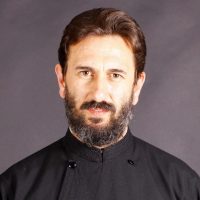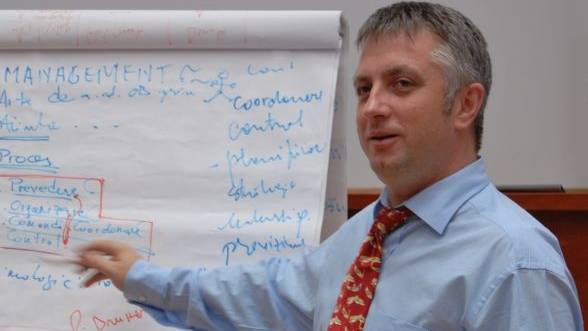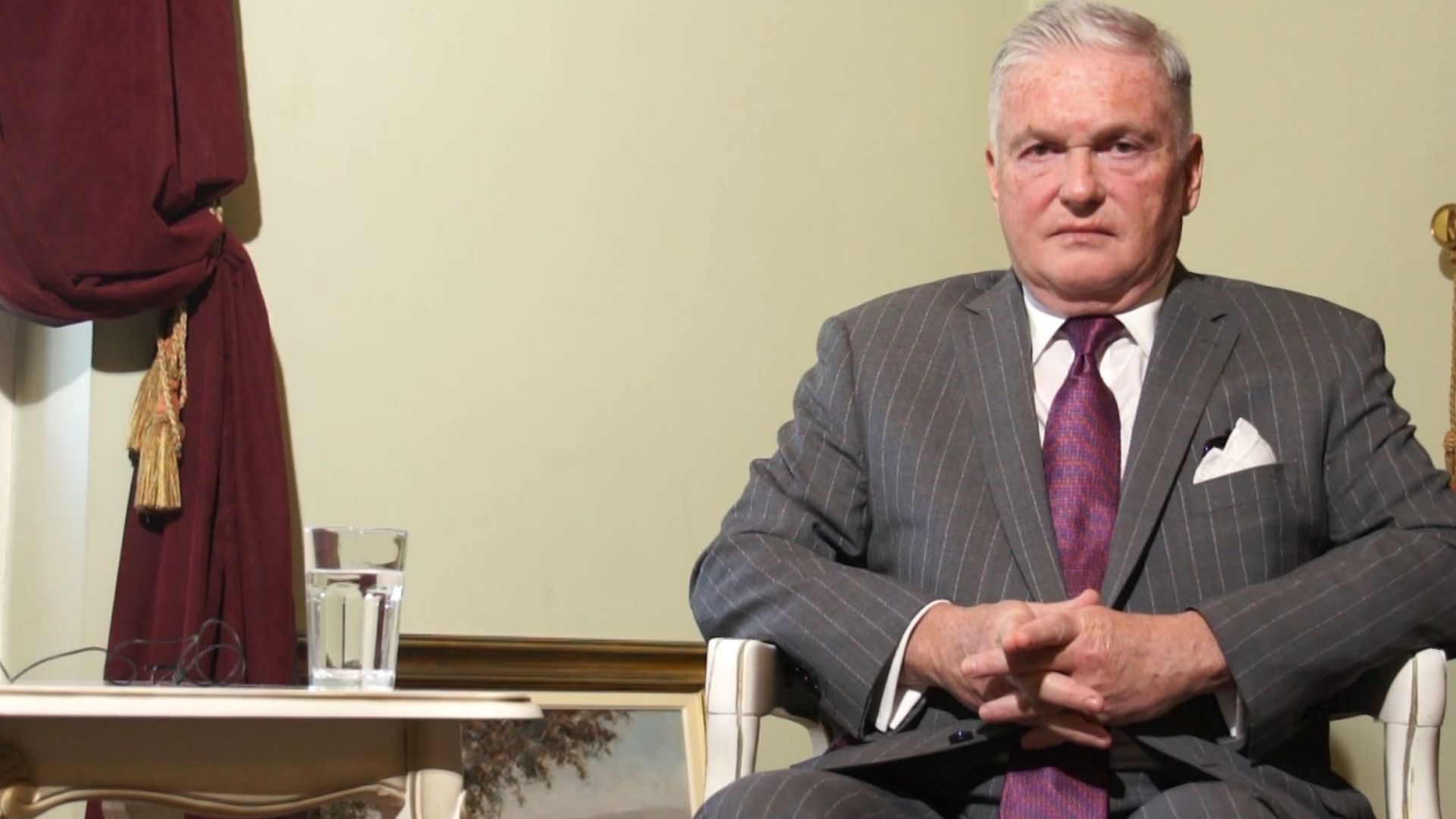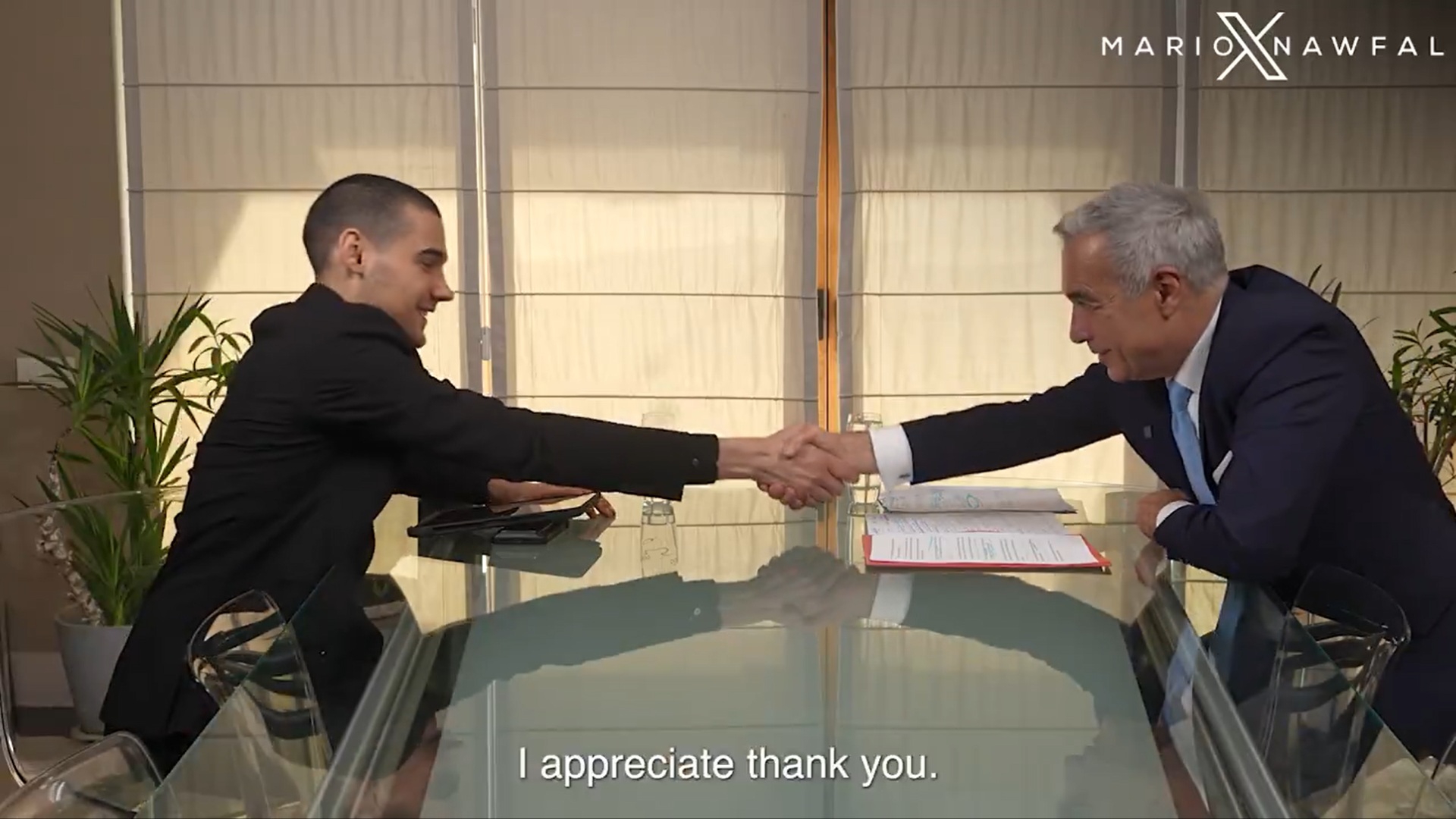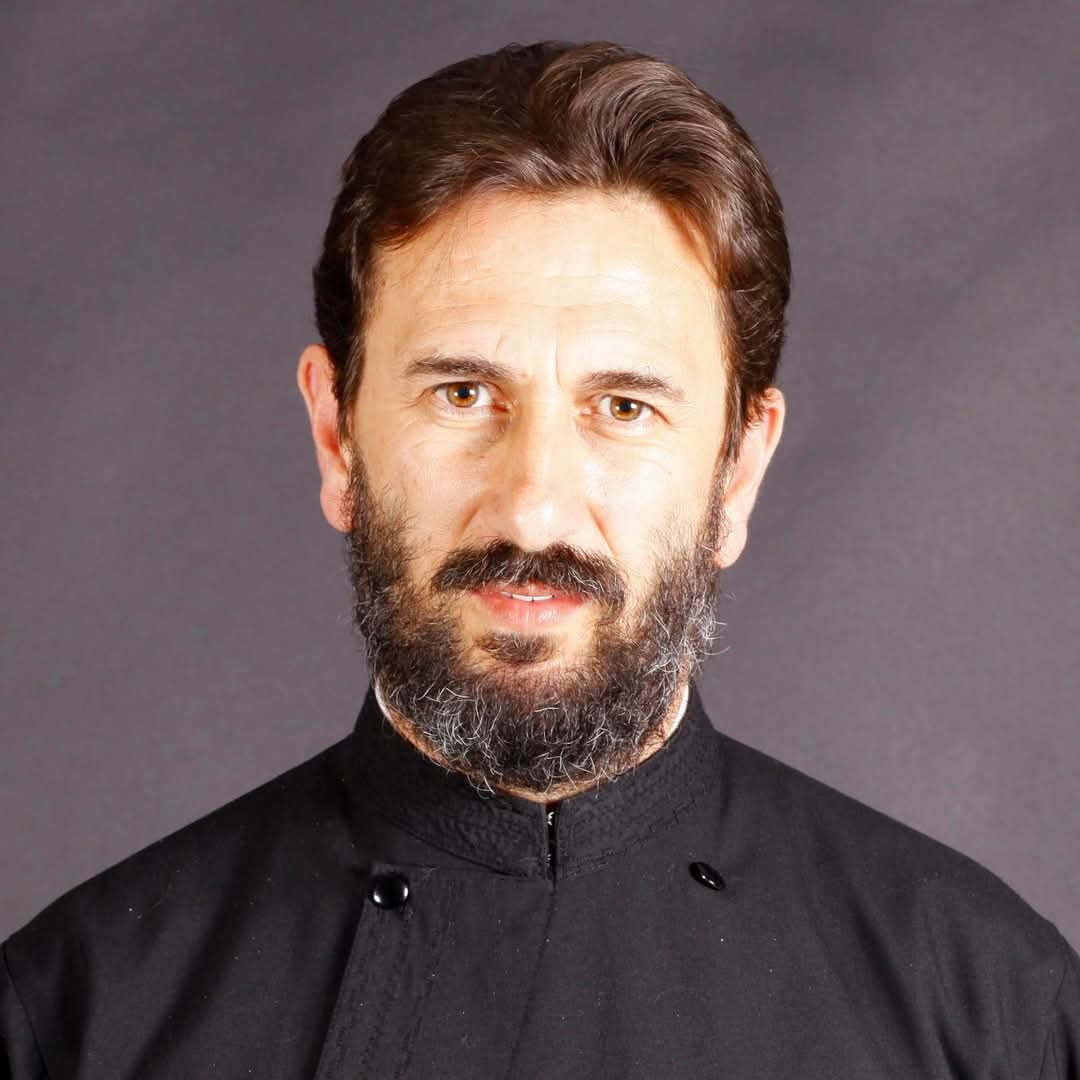ultima parte
În colegiu, Ed Husain devine membru al organizaţiei Hizb ut-Tahrir şi îşi desăvîrşeşte pregătirea de islamist. Ed are 19 ani şi face parte din avangarda jihadului ideologic.

Inside Hizb ut-Tahrir
The Islamist does not flatter the people, it is not courteous to the authorities or care for the people’s customs and traditions, and does not give any attention to whether people will accept him or not. Rather, he must adhere to the ideology alone.
–Taqiuddin al-Nabhani, founder of Hizb ut-Tahrir
My interest in Hizb ut-Tahrir came at a critical time. At college there were others who were also coming under its influence. From outside, Hizb members ensured that our interest was not a passing phenomenon. There were seven of us, all members of YMO or sympathizers, who wanted to know what the Hizb was really about. Wahhabis had put out information that the group was ‘deviant’ in creedal matters. Many in the East London mosque believed that they were Shiite, and Sunni Islamists believed them to be inftdels. Arab Islamists familiar with the Hizb from the Middle East suggested the Hizb were American agents. Who were they really? I had liked what I heard from David about Bosnia. His refutation of Mawdudi’s Islamism had been pungent. Omar Bakri at the London School of Economics was the only speaker who offered what seemed like a practical solution to the conflict in Bosnia. Now, I wanted to make up my own mind.
From its literature and by asking members of the Hizb I learnt that in 1952 Taqi Nabhani, founder of the Hizb, had applied to the Jordanian Interior Ministry to establish ‘a political party with Islam as its ideology’. The Hizb was, from its inception, committed to establishing an Islamic state dedicated to propagating its ideology. The Jordanian monarchy rejected the application on the grounds that the Hizb was committed to overthrowing the king. Right from the outset, the Hizb was banned. Uncowed, it gained momentum in neighbouring Arab countries and was eventually outlawed in every country in which it operated. Its aims were considered seditious, its plans destructive, and its politics iconoclastic. And yet the Hizb survived and thrived in the prisons of the Arab world, filled with political detainees of various Islamist groups.
Nabhani, born in 1909 in Ijzim in Ottoman Syria, now known as Palestine, came from a noble family of Arabs who were close to the imperial hierarchy. Unlike Mawdudi and Qutb, Nabhani was a trained Muslim scholar from al-Azhar, though he later broke ranks with traditional scholarship. He read widely and his writings were of a deeper nature than Mawdudi’s. He adopted Mawdudi’s idiom of ideological Islam, but developed it to suit the milieu of 1950s Middle East in which Israel seemed like a temporary reality, new kings and presidents appeared transient, and the birth of political movements ranging from Bathism to Nasserism was the norm. Amid this kerfuffle, Nabhani researched and preached the need for a political party with Islamism as its core.
Nabhani and other founders of the Hizb were convinced that the organization would secure political power within their lifetime. They were making history. That mindset of immediacy, urgency, political desperation was visible in the conduct of the Hizb members I associated with in London.
Nabhani in his wildest dreams had not envisaged that the Hizb would one day function in London, capital of the reviled British Empire that had handed over Arab territory to the Israelis in 1948. Hizb members had requested political asylum in London during the 1980s. A member had been shot dead by the Libyan secret service outside Regent’s Park mosque late in the decade. Their primary zone of activity had always been the Middle East – until the early 1990s.
Two men, Farid Kasim and Jamal Harwood, were now central figures inside the Hizb. Farid was a Sheffield University-trained town planner and worked for Islington Borough Council. Jamal was a Canadian who had converted to Islam and worked as an accountant with J. P. Morgan in the City. Along with Salim Fredericks, another longtime member, these were the men who introduced the Hizb to British Muslims. Under their leadership, and Omar Bakri’s guidance, the Hizb targeted Tower Hamlets with steely determination. For the Hizb, Tower Hamlets was no ordinary borough: it was Britain’s most densely populated ‘Muslim area’.
The Hizb had three members studying at the Whitechapel-based London Hospital Medical College (LHMC). One of them, Patrick Ghani from Southend-on-Sea, was particularly active. Every week he organized talks with titles such as ‘The Hidden Pillars of Islam’, ‘The Economic System of Islam’, or ‘Solution for Bosnia’ at the Royal London Hospital in Whitechapel. Students from Tower Hamlets College attended in large numbers and some of us started to realize that the Hizb was of a much higher intellectual calibre than affiliates of the Jamat-e-Islami in Britain, YMO and Islamic Forum Europe in particular.
At one meeting Jamal Harwood, the Hizb’s in-house economist, offered solutions to government debt in the Muslim world, suggesting that Muslim countries should withdraw from the World Bank and arguing for nationalization of Saudi, Kuwaiti, Iraqi, and Qatari oil wealth. The ‘Muslim oil argument’, in which oil is used not as an economic lever by OPEC but to increase the wealth of the ummah, was developed by Hizb ut-Tahrir.
Seven years later Osama bin Laden and his assistant, the Egyptian Ayman al-Zawahiri, were to make the very same arguments (failing, incidentally, to attribute their ideas to their ideological teachers at Hizb ut-Tahrir).
I found the talks Patrick organized at LHMC enthralling. I could see that at college we had created a certain emotional hype about Islam, but here was a strategic vision, an alternative to the Jamat-e-Islami’s nebulous Islamism. After the talks I would spend hours in discussion with members of the Hizb, questioning them on matters ranging from the dialectical materialism of Marxists to abstruse points in Muslim jurisprudence. Whatever questions I asked, Hizb members always had answers. Nothing was unknown to them.
Azzam Tamimi and others from the Muslim Brotherhood advised YMO to leave Hizb ut-Tahrir alone and it would disappear of its own accord, as it had done in the Arab world. But Azzam Tamimi and his Muslim Brotherhood comrades had missed one key point: Britain offered the Hizb the freedom to express its ideas freely and recruit uninhibitedly. The Hizb was legal in Britain, but illegal in the Arab world. It would not disappear unless the British state wanted it to disappear. In the absence of governmental disapproval, the Hizb would continue to recruit and campaign unmolested for another decade.
I had many, many questions about Hizb ut-Tahrir to ask Bernie. Allegations that were made against the group by others, I clarifled with him during late-night meetings at Chicksand House.
At the same time Patrick visited me regularly at college. Occasionally Bernie would speak at our events too. Now I began to ride roughshod over the structure imposed on me by YMO: the committee, the minutes, the organizational framework. All this I saw as a way of trying to control my behaviour.
To me, it became crucial that we explain to Muslims at college that they had an important role to play in the world. We were not little Tower Hamletters, as YMO had made us, with links only to the Indian subcontinent. The Muslim nation was a global nation, and we all had a religious obligation to establish a global state that would rival the United States and Europe. This was not fantasy. Not all that long ago the Ottoman Empire had roared at the gates of Europe; we would not only repeat history, we would make it.
Following long sessions with Bernie and Patrick, I and seven members of the Islamic Society had created a separate Hizb faction at college. No longer was I just the president of the Islamic Society, I was also the local leader of Hizb ut-Tahrir.
Patrick had given me some literature to read, including The Way to Revival written by the founder of the party, Taqi Nabhani. Like me, Nabhani had once been a member of a less radical Islamist organization. I was with YMO; he had been with our Arab counterpart, the Muslim Brotherhood. However, he left the Brotherhood disillusioned and soon started Hizb ut-Tahrir as a result of his own independent analysis of the Muslim condition in the 1940s. I related to Nabhani. Like him, I was a member of another Islamist organization and felt disillusioned by their ossified thought.
My taleemi jalsa sessions and other training programmes at East London mosque had always been lacking in evidence or substance, and too centred on Bangladesh. After all, I had never even visited Bangladesh; why should I concentrate simply on supporting ]amat-e-Islami in Bangladesh, Pakistan, and India and the Muslim Brotherhood in Egypt? Mawdudi’s writing had instilled in me a deep commitment to ‘Islam as a way of life’, but what did that mean in reality? We believed that if only Jamat-e-Islami could win elections in either Pakistan or Bangladesh, then the whole country would become an Islamic country and gradually we would solve its people’s problems. We were committed to gradual Islamization, and being pragmatic and gradual was crucial to us. This, on the whole, was based on realpolitik, and had no scriptural support.
In my discussions with David, Patrick, and Bernie, ideas I had accepted at taleemi jalsa were ripped to shreds. Sami had taught me, before my sixteenth birthday, that democracy was first developed by Muslims in seventh-century Arabia. Now, under Hizb tutelage, I firmly located democracy in the Greek city-state of Athens. And not only was it Greek, at the Hizb we considered democracy as idolatrous, since it did not allow for the One God to control mankind, but allowed human beings to choose their own destiny. How was it possible for Jamat-e-Islami educators to make such terrible mistakes?
Patrick pointed out to me that Jamat-e-Islami and its Arab counterpart, the Muslim Brotherhood, had strayed from the ideas set out in Milestones. Qutb, Patrick explained, had written his book under the influence of Hizb members he had met during his imprisonment in Egypt. Indeed, Qutb referred to being in discussions with a certain group of Muslims in prison in the first letters he wrote to his family. Those letters, later published as Milestones, were the ideas of Hizb ut-Tahrir: that Arab governments should be forcibly removed, that Muslims had no nationality, and that no other civilization had anything to teach us. Qutb adopted the same repertoire of expressions as Nabhani: ideas, intellect, thought, challenge, systems, concepts, destruction, construction.
I had graduated from studying the works of Mawdudi and Qutb and was now ready to receive the wisdom of the last ideologue of modern Islamism: Nabhani. In The Way for Revival Nabhani outlined three key stages through which Hizb ut-Tahrir wanted to lead the Muslim nation.
The concept of the ‘Muslim nation’, as opposed to a number of disparate ethnic communities, was key. To the Hizb, Indians, Malaysians, Turks, Indonesians, Arabs, Africans were all part of a single, global Muslim nation, an ummah. We were weak because we were divided. Muslim lands (not countries) were poor because the Muslims of Sudan, Somalia, Bangladesh, Kashmir did not share in the oil wealth of the Gulf countries. Oil, we argued, was a gift from God to the Muslims, all Muslims, and not just the Gulf Arabs. Muslims were ‘One Nation, under One God’.
Where Mawdudi had been vague, almost dismissive, about the means by which an Islamic society might come about in Pakistan, Nabhani was exact in his three-part methodology. Moreover, all this was linked, it seemed, to the life of the Prophet Mohammed.
At college, the Wahhabis had been bashing us in the YMO for our lack of scriptural evidence for our Mawdudian da’wah. Hizb ut-Tahrir, through Nabhani’s literature, provided me with ample evidence to counter such arguments. In fact, I was able to go on the offensive against the Wahhabis, arguing that they were British agents who plotted against the last caliphate, the Ottomans. Wahhabis had declared most Muslims to be ‘infidels’ and gladly accepted British support in rising against the Turkish sultan. From 1932 onwards, the British government maintained Ibn Saud as king of ‘Saudi’ Arabia until oil was discovered in the 1950S.
Worse, Wahhabis supported Saudi Arabia, a satellite state of the US, and most Wahhabi clerics were Saudi trained. Of their crimes, the Saudi clerics, under American pressure, had declared that making peace with and recognizing Israel was acceptable. I blasted the Wahhabis and, increasingly, Jamat-e-Islami for the lack of precision in their plans to establish the Islamic state. They agreed with me that it was wajib, a religious obligation, but had no ‘methodology’ to implement this ‘duty’. The Hizb, in stark contrast, even had a draft constitution ready for adoption.
I quickly learnt that as long as Muslims accepted the Hizb’s premise that the Islamic state was a wajib, just like praying, fasting, almsgiving, we were in the ascendant. The acceptance of that principle, that radical politics was the same as prayer, meant that whereas traditional scholars provided guidance in prayer, we provided leadership in political matters. And we knew it.
Moreover, we unashamedly aspired to be the ‘intellectual leaders’ of the Muslim nation. Mentally, I had already signed up to the idea, the religious duty, of establishing an Islamic state, a caliphate. My readings of Mawdudi and Qutb had already established that, but Nabhani’s writings provided the details of how to achieve it.
Nabhani argued for a complete destruction of the existing political order, particularly in Muslim countries, for it to be replaced by the khilafah system. We were single-minded in our pursuit of establishing a distinct Islamic state, for in the obtaining of political power lay all the answers to the problems of the Muslim nation. Our arguments were powerful and, at flrst, undefeatable. ‘If we had the Islamic state, then the caliph would send the Islamic army to slaughter the Serbs,’ was our answer to the Balkan conflict. The international community said they refused to arm Bosnian Muslims to prevent the escalation of the conflict. But we knew that there was a conspiracy to reduce the numbers of Muslims in Europe.
Bosnia acted as a catalyst for extremism among large numbers of young Muslims in Britain. It was a serious political wake-up call for hundreds of us, semi-radicalized by the emotional Islamism of Jamat-e-lslarni but given a clear, radical outlook on life by Hizb ut-Tahrir.
Looking back, I am still astonished by how I became so confident so quickly following my affiliation with the Hizb. Almost everybody I met there was young, articulate, self-assured, and an intellectual of sorts. YMO, once so attractive, now seemed little more than an insignificant local group of unsophisticated young Bangladeshi men trying to assert power by retaining control of East London mosque and funding their would-be martyrs and brothers in Jamat-e-Islami.
Hizb ut-Tahrir helped me to escape this narrow, imprisoned mind set of being in Britain yet associating with Bangladesh simply because I happened to live in Tower Hamlets. Hizb ut-Tahrir was an international political party; my new priorities were global. I was now part of an ummah transcending colour, nationality, and language.
I needed to know more about the economic, political, and social system of what we called the ‘Islamic state’. Yes, to establish the state was wajib, but there was more. The Prophet’s mission was wholly committed to establishing political superiority for Islam and Muslims. Right from the outset, the Prophet was a master politician and devised a strategy to ensure political dominance, first of Arabian tribes and then the entire region. This, Nabhani argued, was the purpose of each and every Muslim: to regain political ascendancy by establishing a powerful Islamic state. The Prophet had established a political party to realize his aim: his own companions. The Hizb was following in his footsteps.
It was explained to me that once I had reached this ‘deep level of thought’, realizing the need for political Islam in the modem world, then it was also wajib for me to join the Hizb, to study further its ideas and concepts and to swear allegiance to it. We bent the principles of Muslim law to our own ends. For example, wajib, or religious duty, was traditionally applied to individual acts of worship such as prayer and fasting, not politics, yet inside the Hizb we believed that the pursuit of political power was also wajib. Before formally joining the Hizb I underwent a lengthy interview with Bernie from SOAS. He made sure that I understood clearly the three-part strategy of the
Hizb aimed at taking political power.
First was the ‘secret stage’ of building a political party with a core group of activists, then the ‘open stage’ in which the dominant paradigm of political and social constructs would be attacked in an attempt to substitute an alternative worldview. Once this was in place, the Hizb would seek what we called the nusrah, or assistance from powerful sources, to take political power. This would, in all likelihood, be a military coup, the third stage.
All this, we were convinced, was based on the sira, or the life of the Prophet Mohammed. He had bequeathed a political system for us to implement, a total ideology for global domination: Islam. This ideology would be carried to other parts of the world by means of a jihad, which was the raison d’etre of the army of the future Islamic state. More precisely, our foreign policy was to conquer and convert. If countries refused to convert, then they would pay the Islamic state a tax, known as jizyah, to ensure their safety and protection by the Islamic army.
After confirming that I was intellectually convinced, Bernie introduced me to the cell structure of the Hizb. Every member, from novices still studying the literature of Nabhani to sworn members, attended a weekly gathering of around five people. The Hizb’s secretive structure meant that I would be phoned by a mysterious ‘Shabbir from Walthamstow’, who would direct me to my particular cell, or halaqah, of the party.
Encouraged by the examples set by Farid Kasim and Omar Bakri, we openly attacked the leaders of the Arab world: Saddam Hussein, Muammar Qaddafi, Hosni Mubarak, King Hussein of Jordan, President Asad of Syria, Yasser Arafat, King Fahd of Saudi Arabia, all came under our verbal fire regularly. With large numbers of Hizb campaigners now appearing on the radar in Britain, we took aim at others.
Omar Bakri, during the first Gulf war, called for the assassination of the British prime minister John Major. According to the Mail on Sunday, Bakri declared: ‘Major is a legitimate target. If anyone gets the opportunity to assassinate him, I don’t think they should [waste] it. It is our Islamic duty and we will celebrate his death.’
In Hizb circles we took pride in that command. After all, the CIA was involved in assassinating heads of state across the world, not least its botched attempts on Fidel Castro. So why not encourage Muslims to take out political leaders?
Farid’s halaqah sessions were extremely potent. He injected us with ideas, brought to life by his years of experience and underpinned by the books we studied.
A second cell met in the bedroom next door, though we never saw them nor they us. Such strict secrecy and discipline, cemented by the ideas of the Hizb, made it an exceptionally powerful network.
Our seriousness and commitment were judged by the level and content of our questions. Farid would often test us. Once he mentioned that he would be attending a wedding at the weekend. A member asked, ‘Who’s getting married?’ To which Farid replied, ‘Why does that concern you?’ He had mentioned the wedding only to indicate that he would be busy; it was not for us to enquire about the details.
There was a group culture inside the Hizb that no question should be asked unless it was relevant to our global aims. Our focus had to be total, unwavering, and zealous. Irrelevant enquiries resulted in accusations of ‘shallowness’ and the repetition of the same material in the halaqah rather than moving on to study new ideas. When Farid reprimanded me for asking too many questions about the life and death of Nabhani, I realized that I had strayed. We should not be interested in Nabhani the man, but Nabhani the ideologue and his vision for a future world.
The System was a core text, as were some of Nabhani’s other books, including Mafaheem. The Mafaheem, or Concepts, was in many ways a more important text than the System. In part it was a refutation of the dominant Arab political ideologies of Nabhani’s time, but more importantly it cast in stone the vision of the future state the Hizb wanted to create for the Muslim masses. Our constituency was the ummah, the global Muslim nation, and the Mafaheem taught us that in the pursuit of this constituency we should disregard both the views of other Muslim groups and the consequences of our actions. Wnat mattered was our ideological supremacy, the strength of our strategy; in Nabhani’s words we were the ‘flaming heat under the kettle’. ‘The water would warm and then boil, becoming a stirring driving vapour.’ We were to be ‘a flame whose heat would transform the society to boiling point, and then to a dynamic force’. The Hizb was ‘fire and light, which will bum and enlighten, and definitely reach boiling point’.
Nabhani’s words certainly lit a fire under us. Our passion was underpinned by other ideas spelt out in the Mafaheem. Nabhani informed us that traditional Muslim scholars, the ulama, were ‘confined to shallow sermons’ on Fridays; we, as activists of the Hizb, were an altogether superior sort of Muslim. It was we who called for the resumption of Islamism as a way of life rather than a mere religion, and for that way of life to be enshrined in the power of a state.
The Islamic state, Nabhani taught, was a ‘launching point’ for a jihad. The ulama had failed to understand jihad over the centuries and reduced it to a means of fighting tyranny alone. Nabhani, like Qutb, argued that jihad should be a tool used by the state to advance the propagation of Islamist ideology. He cited the historical conversion of countries such as Egypt and Persia as a model for the advancing army of the future Islamic state. This state was to be set up first in Arab countries, from where it would spread to other nations. ‘Jihad’, Nabhani declared, was ‘a war against anybody who opposes the Islamist call’.
One of our most popular speakers, a medical student at St Bartholomew’s, was Abdul Wajid, or Waj as we called him. I still remember Waj’s boasts: ‘Jordan is ours,’ he used to declare. ‘King Hussein knows this. Our shabab control the army and we can walk into the palace at any time. But Jordan on its own cannot survive as the Islamic state, so we’re working in other countries to join Jordan.’ Similarly, Omar Bakri used to tell us that every house in Beirut had a Hizb activist. Such statements as these gave me great confidence.
Waj understood the minds of young Asian Muslim students in Britain, their difficulties and concerns. He littered his talks with anecdotes of curry, masala, and Urdu words, and used these to devastating effect to recruit many to the Hizb. Waj was later instrumental in setting up Hizb ut-Tahrir in Pakistan.
Conventionally, the Hizb responded speedily to international affairs by issuing leaflets, circulating press releases, and condemning global powers. Waj changed all of that. He, with help from other British-Asian Muslims such as Farhan at the University of Westminster, decided on a series ofleaflets and talks that proved to be a phenomenal success across university campuses in the 1990S.
Waj travelled Britain delivering these talks, drawing huge crowds, bringing into the open subjects that mosque authorities considered taboo and families usually swept under the carpet. The first generation of British-born Muslims were now at universities in large numbers, and suffered from common problems that the Hizb tapped into.
‘Sex, Drugs & Rock ‘n’ Roll’ was one popular topic. ‘Asian: Born to be Brown’ was another. Most successful, however, was, ‘Marriage: Love or Arranged?’ Hizb ut-Tahrir produced leaflets on these subjects, though unattributed to avoid any accusation of dumbing down and losing its image of radical seriousness. We produced recordings of the talks and sold the tapes for a pound.
At first, college authorities paid little attention to the speakers who spoke at Islamic Society events or the content of their speeches. On the way to one such talk at Tower Hamlets I had asked Waj not to refer too often to the Islamic state since there was a large number of YMO students who believed in the Jamat-e-Islami and Mawdudi method of achieving social change.
‘Sorry,’ said Waj. ‘You know we must pass on the concepts.
I’ll debate them if they want, though we’ll rip them to shreds, but we have to pass on the concepts.’
It was that sort of steely determination to ‘pass on the concepts’ that led to the development of Hizb ut-Tahrir’s distinct identity. Omar Bakri frequently reminded us that even if we were discussing the life of a chicken in a country farm, we were to link the discussion at hand to the caliphate, the Islamic state. ‘Impregnate the ummah with the Islamic state,’ Omar would say. ‘And she will deliver the baby.’
The talks went like this: for example, in ‘Asian: Born to be Brown’ we would begin by cracking a few good jokes, utilizing examples of Indian food, auntie’s chapattis, and so on. Such examples were well received by young people who were away from home for the flrst time in their lives. Then we would speak about racism in British life, that we will always be brown and never accepted. Then we linked this to Bosnia and promoted the Islamist state in which there would be no racism.
Similarly, in ‘Sex, Drugs & Rock ‘n’ Roll’ we spoke about clubbing in Leicester Square, getting high and one-night stands, and then realizing that there is more to life than pleasure. How could it be that we lived for pleasure while Bosnia burned? Those were sensible questions that resonated not only with Muslim students but with students of all backgrounds. However, it was our all-purpose solution, the Islamic state, that proved controversial.
Many Muslims students disagreed with our politicization of every subject. Even Ramadan, a month of spirituality, was full of political meaning to us. Increasingly, Islamic societies dominated by Wahhabis and other Islamists expelled our members. ‘Fear Allah, brother,’ our members cried as we appealed to their sense of awe for God and, when that failed, we appealed for Muslim unity, suggesting that we should allow Hizb ut-Tahrir speakers to address events and deliver sermons on Friday. Invariably, that appeal failed, too. Interestingly, all Muslim groupings on campus at that time used self-taught, unqualified individuals to address gatherings. Wahhabis, less extreme Islamists, most certainly Hizb ut-Tahrir, all abhorred traditional or moderate Muslim scholars. In fact, ‘tradition’ and ‘moderate’ were dirty words in all our circles; in that, at least, we were united.
When our tactical appeals to fear God and embrace Muslim unity had, predictably, failed, we pioneered other da’wah activities that stopped our rivals in their tracks. We made full use of British pluralism and the encouragement to dissent by setting up alternatives to an Islamic Society. When we failed to win control of an Islamic Society we simply ignored it and started a host of other student societies instead, with names such as Thought Society, Debating Society, 1924 Society, One Nation Society, Pakistan Society, and so on.
We used these bodies to secure generous funding from the student union and then held events to promote our ideas and win converts from rival Islamic societies.









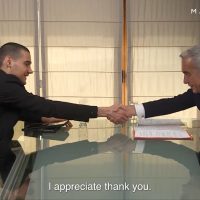
![marius-bostan-foto[1] marius-bostan-foto[1]](https://inliniedreapta.net/wp-content/uploads/elementor/thumbs/marius-bostan-foto1-qt9ywoo2b2lgv37b76h9qr5yo6db5vwzoxbuvd4e6o.jpg)

